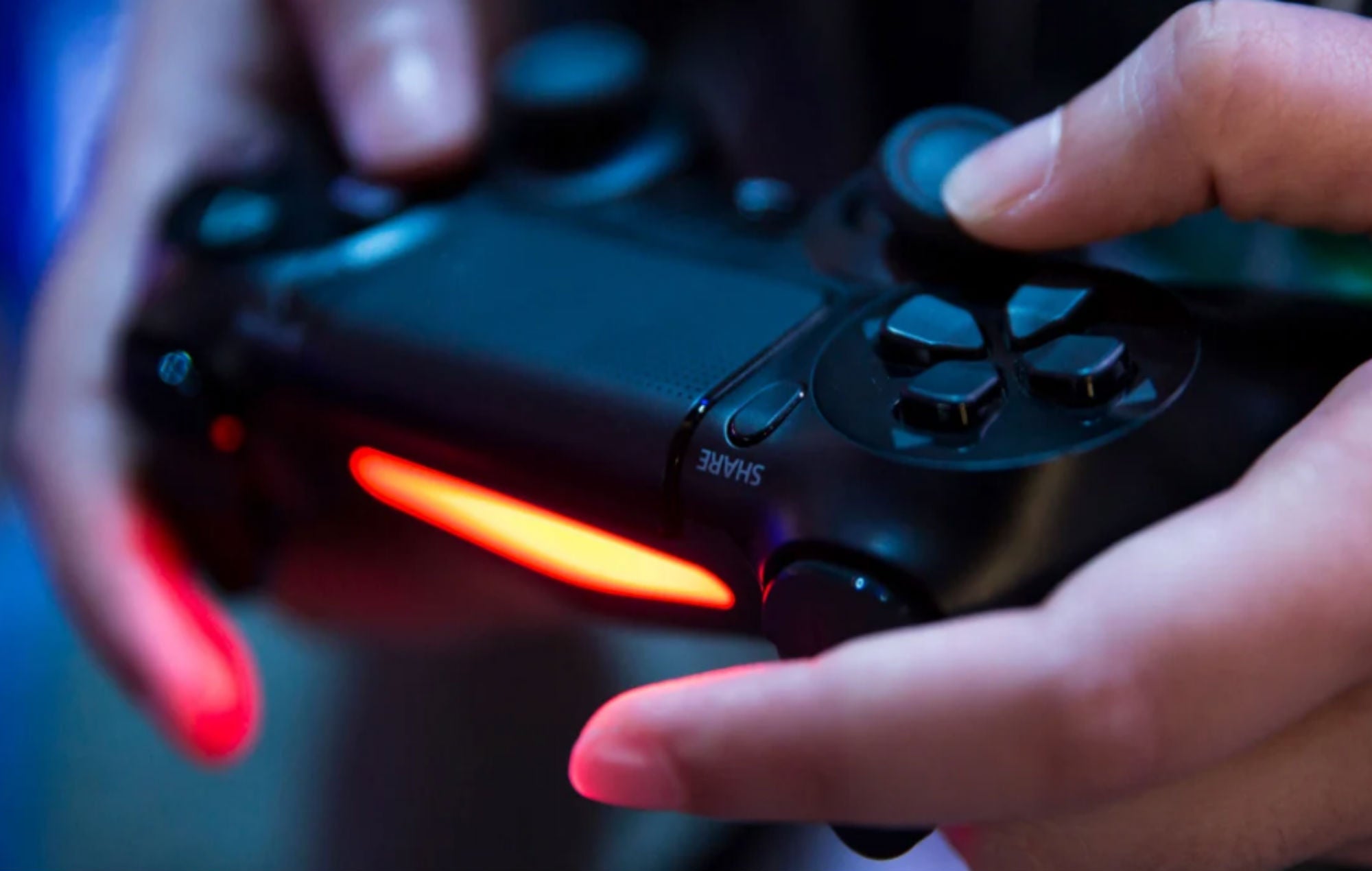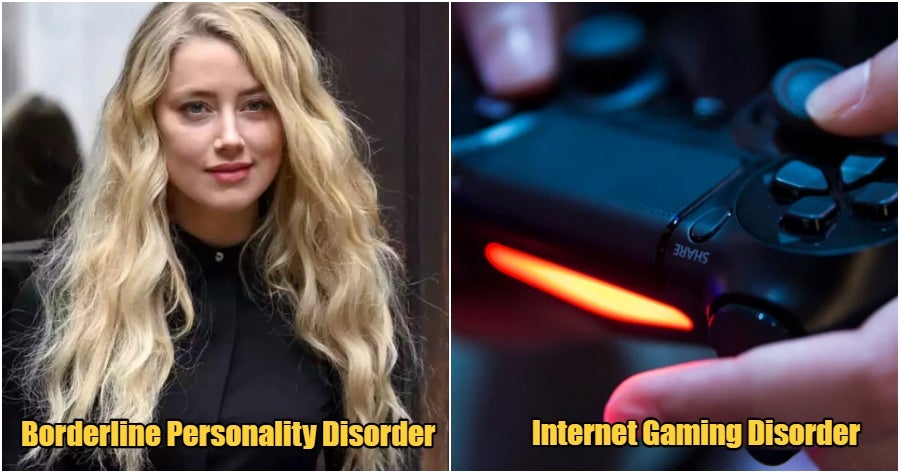“You’re just overthinking lah, things will be fine.”
That is probably one of the most cliché phrases that some of us must hear every time we open up to people whom we seek advice from. Little do they know, things are not always as fine as they may seem.
Despite being in the 21st century, social stigma still dictates mental illness as something that is morbid to be acknowledged, which is unfortunate for the sufferers. While depression and anxiety are among the most well-known mental disorders amongst us, these are 5 other mental illnesses that your loved ones may be going through alone.

1. Borderline Personality Disorder
Borderline Personality Disorder is pretty rare among Malaysians, but that does not rule out the possibility that the people we know might have it. Sometimes addressed as BPD, it is a condition where it causes people to feel chronic emptiness, an immense fear of rejection, and to feel emotions intensely that can lead to:
- bumpy relationships,
- impulsivity such as extreme anger and self-harm,
- poor self-image.
Recently, Johnny Depp’s ex-wife, Amber Heard was revealed to be a sufferer of BPD, which has sent the BPD community into a major concern due to the stigma that may surfaces, according to Cosmopolitan.

People who suffer from BPD also tend to indulge in destructive habits such as spending impulsively, participating in unsafe sex regularly, and reckless driving. Due to their fear of abandonment, they tend to seek validation or constant reassurance from their loved ones as this fuels up their motivations.
2. Dissociative Identity Disorder (DID)
Remember the movie Split and one of the infamous memes in which James McAvoy’s character(s) said, “That wasn’t me. That was Patricia?”
Previously known as Multiple Personality Disorder, Dissociative Identity Disorder is officially diagnosed when two or more distinct identities or personalities “morphed” into an individual, and eventually take control of the person. DID is also associated with extreme memory loss that cannot be explained nor compared with regular forgetfulness.

When in control, each and every one of the alter egos may carry their own background histories, identities, and self-image. They usually contrast in a major way with the primary identity of the person with DID, and other identities are normally triggered by specific events or circumstances.
3. Adjustment Disorder
Breakups, mourning the death of a loved one, or simply losing your dream job may be triggering points that will lead to Adjustment Disorder. Simply put, the excessive anxiety that follows after a major change in one’s life event can cause a person to develop reckless behaviours and have difficulties in moving on from the recent stressful events.

Also known as Stress Response Disorder in some places, people who suffer from this condition may exhibit similar symptoms of clinical depression, which also causes them to lose interest in their hobbies and work, feel hopeless, as well as feel tearful.
At times, it may be confused with PTSD (Post Traumatic Stress Disorder) due to the minor similarities in their nature. However, PTSD illustrates a reaction to a life-threatening event that occurs at least 30 days after the incident, and the symptoms tend to last significantly longer than Adjustment Disorder.
4. Harm OCD
“Eh, so messy, I cannot! I OCD!”
Contrary to popular beliefs, OCD or Obsessive Compulsive Disorder is more than about being obsessed with cleanliness. In severe cases, it revolves around the unhealthy and unwanted obsessions of violence and aggression. In other words, people with harm OCD are struggling to keep themselves from projecting physical harm onto themselves and others.

If you have anyone around you who:
- hides dangerous and lethal objects,
- keeping themselves away from any little thoughts of harming that may be triggered by anything on the media or even showing fear of violent thoughts,
…these may be a premonition of possible harm being done towards themselves, or anyone around them.
5. Internet Gaming Disorder
Yes. You read that right! Our last mental disorder is highly associated with one of the most addictive things that are still being developed regularly – video games!

Although children are often more relatable with video games, adults who find themselves indulging excessively in video games are likely to have Internet Gaming Disorder too. It was even added to the World Health Organization’s official disease classification to reflect how current addictions in technologies have been overlooked when it has been happening right under our noses.
The addictions tap into the brain’s dopamine feedback loop and also affect the emotional, intellectual, and development trajectories of people with these issues.
In our current society, the usage of technologies has been embedded into our culture and screen time, regardless of long or short, is considered a norm. Thus, it may be tough to spot this disorder until it has taken a toll on our bodies.
Like it or not, we are living in an era of mental illness without a safe haven for mental illness. Any discussions involving mental health should not be considered taboo as it is something common and anyone can develop any form of mental illness.

Reach out to anyone you trust and don’t suffer alone. If you notice any emotional or behavioural changes in your loved ones, don’t hesitate to check up on them. Little actions such as that may save a life.





































